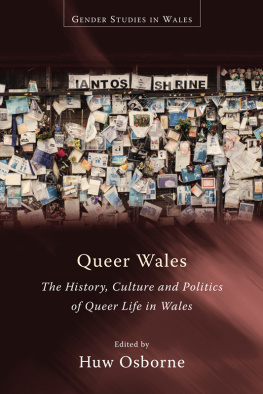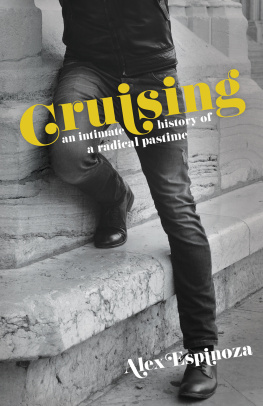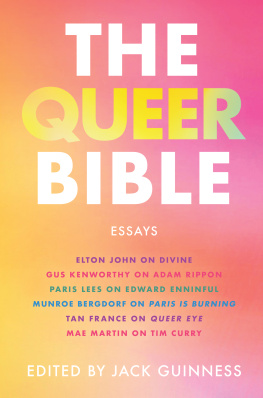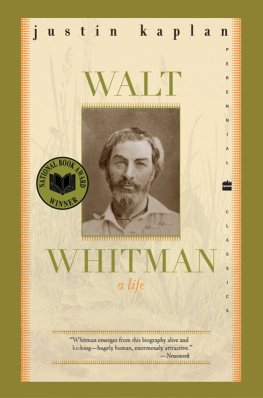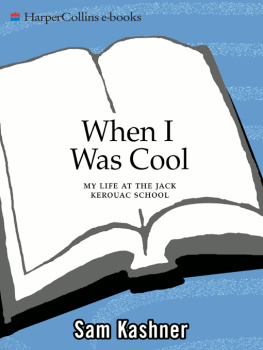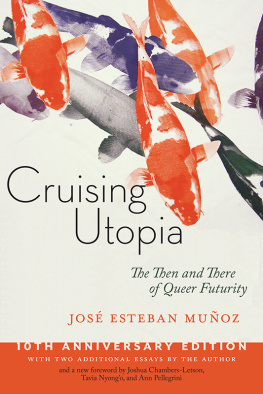Jack Parlett - The Poetics of Cruising: Queer Visual Culture from Whitman to Grindr
Here you can read online Jack Parlett - The Poetics of Cruising: Queer Visual Culture from Whitman to Grindr full text of the book (entire story) in english for free. Download pdf and epub, get meaning, cover and reviews about this ebook. year: 2022, publisher: University of Minnesota Press, genre: Science. Description of the work, (preface) as well as reviews are available. Best literature library LitArk.com created for fans of good reading and offers a wide selection of genres:
Romance novel
Science fiction
Adventure
Detective
Science
History
Home and family
Prose
Art
Politics
Computer
Non-fiction
Religion
Business
Children
Humor
Choose a favorite category and find really read worthwhile books. Enjoy immersion in the world of imagination, feel the emotions of the characters or learn something new for yourself, make an fascinating discovery.

- Book:The Poetics of Cruising: Queer Visual Culture from Whitman to Grindr
- Author:
- Publisher:University of Minnesota Press
- Genre:
- Year:2022
- Rating:4 / 5
- Favourites:Add to favourites
- Your mark:
- 80
- 1
- 2
- 3
- 4
- 5
The Poetics of Cruising: Queer Visual Culture from Whitman to Grindr: summary, description and annotation
We offer to read an annotation, description, summary or preface (depends on what the author of the book "The Poetics of Cruising: Queer Visual Culture from Whitman to Grindr" wrote himself). If you haven't found the necessary information about the book — write in the comments, we will try to find it.
Jack Parlett: author's other books
Who wrote The Poetics of Cruising: Queer Visual Culture from Whitman to Grindr? Find out the surname, the name of the author of the book and a list of all author's works by series.
The Poetics of Cruising: Queer Visual Culture from Whitman to Grindr — read online for free the complete book (whole text) full work
Below is the text of the book, divided by pages. System saving the place of the last page read, allows you to conveniently read the book "The Poetics of Cruising: Queer Visual Culture from Whitman to Grindr" online for free, without having to search again every time where you left off. Put a bookmark, and you can go to the page where you finished reading at any time.
Font size:
Interval:
Bookmark:
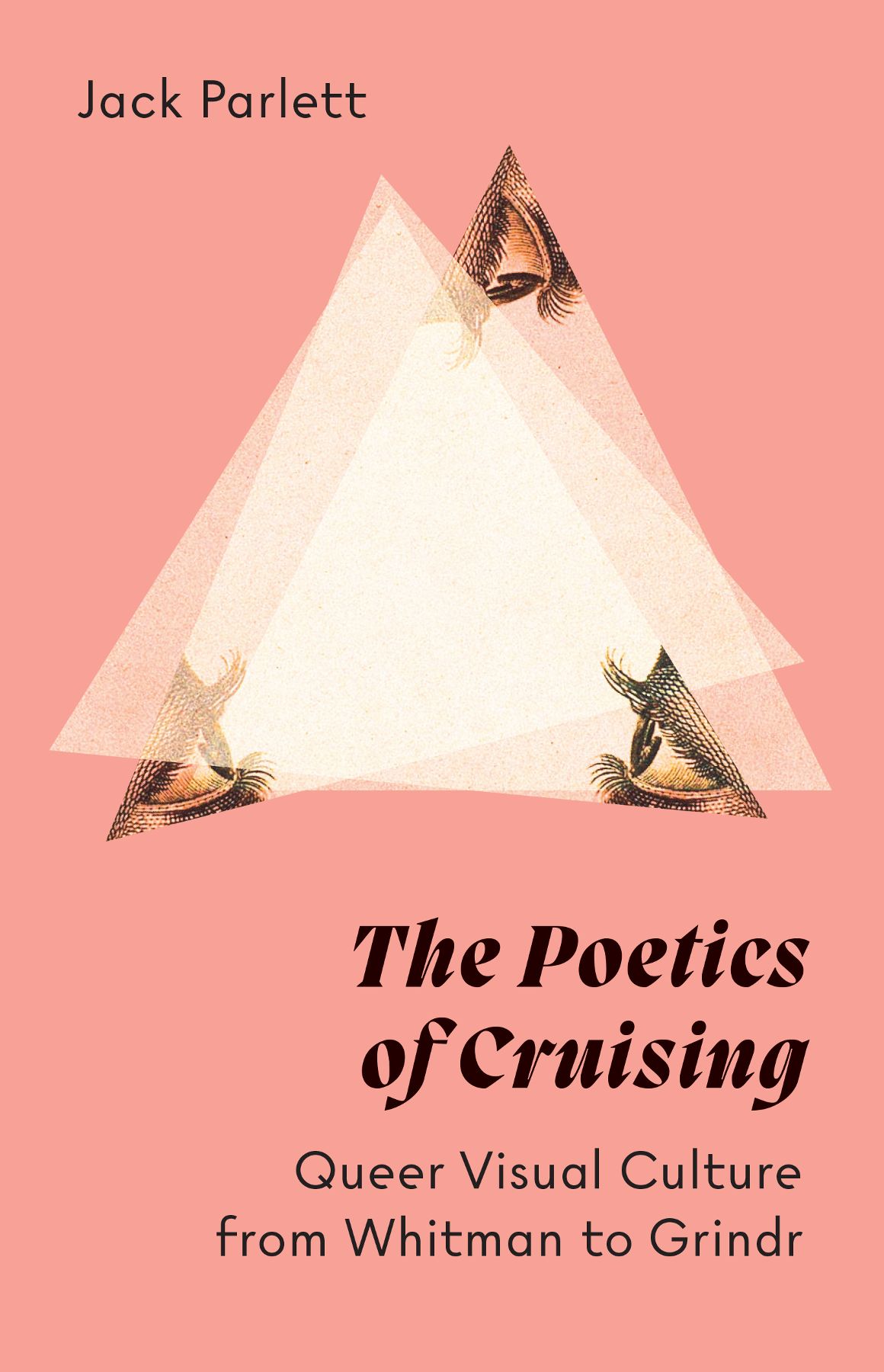
Jack Parlett

University of Minnesota Press
Minneapolis
London
Cover design by Sandra Friesen
Excerpts from Langston Hughes, Movies, Old Walt, 125th Street, Subway Rush Hour, Passing, Caf: 3 a.m., Harlem Sweeties, Island [2], and Subway Face from The Collected Poems of Langston Hughes, ed. Arnold Rampersad with David Roessel, copyright 1994 by the Estate of Langston Hughes, reprinted by permission of Alfred A. Knopf, an imprint of the Knopf Doubleday Publishing Group, a division of Penguin Random House LLC, and Harold Ober Associates. All rights reserved.
Excerpts from Frank OHara, Song (Did you see me walking by the Buick Repairs), Poem [All the mirrors in the world], Grand Central, In the Movies, and Song (Is it dirty) from The Collected Poems of Frank OHara, copyright 1971 by Maureen Granville-Smith, administratrix of the Estate of Frank OHara, copyright renewed 1999 by Maureen OHara Granville-Smith and Donald Allen, reprinted by permission of Alfred A. Knopf, an imprint of the Knopf Doubleday Publishing Group, a division of Penguin Random House LLC. All rights reserved.
Excerpts from David Wojnarowicz, Reading a little Rimbaud in a Second Avenue coffee shop, masturbation photo, Distance, Rimbaud in New York-film script, and Untitled film script published by permission of the Estate of David Wojnarowicz.
Excerpts from Eileen Myles, Hot Night, At Last, Basic August, How I Wrote Certain of my Poems from Not Me (New York: Semiotext(e), 1991) and The City of New York and The City from Evolution (New York: Grove Press, 2018), reprinted with permission of the poet.
Excerpts from Danez Smith, a note on the phone app that tells me how far i am from other mens mouths and & even the black guys profile reads sorry, no black guys from Dont Call Us Dead, copyright 2017 by Danez Smith, reprinted with the permission of The Permissions Company, LLC, on behalf of Graywolf Press, graywolfpress.org and The Random House Group Ltd.
Excerpt from Jericho Brown, Host from The New Testament copyright 2014 by Jericho Brown. Reprinted with the permission of The Permissions Company, LLC, on behalf of Copper Canyon Press, www.coppercanyonpress.org; and Pan Macmillan, reprinted with permission of the Licensor through PLSclear.
Copyright 2022 by the Regents of the University of Minnesota
All rights reserved. No part of this publication may be reproduced, stored in a retrieval system, or transmitted, in any form or by any means, electronic, mechanical, photocopying, recording, or otherwise, without the prior written permission of the publisher.
Published by the University of Minnesota Press
111 Third Avenue South, Suite 290
Minneapolis, MN 55401-2520
http://www.upress.umn.edu
ISBN 978-1-4529-6651-9 (ebook)
A Cataloging-in-Publication record for this book is available from the Library of Congress.
The University of Minnesota is an equal-opportunity educator and employer.
Pleasures are like photographs: in the presence of the person we love, we take only negatives, which we develop later, at home, when we have at our disposal once more our inner darkroom, the door of which it is strictly forbidden to open while others are present.
Marcel Proust, In the Shadow of Young Girls in Flower (trans. James Grieve)
When a man recognizes another mans desire, he is also learning something about the others identity, not exactly what kind of person he is, but what kind of group he belongs to.
Leo Bersani, Homos
In 1976, twenty-two-year-old photographer Sunil Gupta moved to New York City from Montreal, where his family had relocated from India some years earlier. Although Gupta was already involved in both photography and gay politics, interests he had developed during his time as an undergraduate in Montreal in the years following gay liberation, he had ostensibly come to the city to study for an MBA. Living in the London Terrace building on West Twenty-Third Street in Chelsea, Gupta found himself at the heart of a gay public space such as hadnt really been seen before. It was the first time I was living in a city that seemed full of photography, he remembers, both in terms of the number of commercial galleries and museums exhibiting photography and the experiential plenitude of the city; the sense that the real life of the street was our theatre. Before long, the erotic and aesthetic site of the street, and one street in particular, became Guptas primary subject.
Christopher Street, which Gupta describes as his natural habitat during this period, spans the western section of Greenwich Village, extending all the way from Sixth Avenue to the Hudson River. By the mid-seventies, it was a well-known cruising area for gay men. It played host to a multitude of bars, clubs, shops, and social spots including, most famously, the Stonewall Inn at its easternmost end, and the Oscar Wilde Bookshop, the citys first gay bookstore, which opened in 1967 and moved to Christopher Street in 1973. Armed with his Leica camera, Gupta spent weekends walking up and down Christopher Street and photographing the men he saw. Although the resulting collection of images, simply titled Christopher Street 1976, possesses a documentary function, for Gupta the photographic act was not just a way of documenting cruising. It was like cruising itself, and the level of interaction it involved was familiar to him, as he was used to going up to people anyways. Some of the men in the photos look away, seeminglyor perhaps studiedlyunaware of the camera. Others look directly at it. Guptas photographic subjects were, in this sense, doubly solicited, both by the lens of the camera and by the man looking through the viewfinder.
Cruising, as I will go on to argue in the chapters ahead, is a profoundly optical phenomenon, a perceptual arena where acts of looking are intensified and eroticized. The presence of Guptas camera thus augments the latent theatricality of these encounters; the sense that his subjects, at the moment of transient and passing interaction, are playing not only to the real spectator before them but to the imagined spectators suggested by the medial figure of the camera. Guptas images light upon the cruise at its moment of initiation, not the hookup that will hopefully, if not invariably, follow. In this regard what they capture is an eroticism at its most incipient, yet on the other hand these images also mark an endpoint. Because Guptas subjects are mostly captured in passing, their disappearance is signaled just beyond the frame of the photograph that freezes them in time. A person walking down the street in any given city will likely experience this phenomenon numerous times a daya moment of optical interaction with a stranger, however brief, that is swiftly subsumed into the citys incessant flow of time and people. But Guptas images capture something more particular: a look that is charged and directed; a look that is the very currency of an entire sexual culture most commonlyand often nostalgicallyassociated with New York in the 1970s. Thus, while the photographs signal an abundance of potential sexual encounters, they in turn locate a quiet melancholy in such abundance. The sense, as Gupta put it recently in a talk, that there were so many men and so little time.
Next pageFont size:
Interval:
Bookmark:
Similar books «The Poetics of Cruising: Queer Visual Culture from Whitman to Grindr»
Look at similar books to The Poetics of Cruising: Queer Visual Culture from Whitman to Grindr. We have selected literature similar in name and meaning in the hope of providing readers with more options to find new, interesting, not yet read works.
Discussion, reviews of the book The Poetics of Cruising: Queer Visual Culture from Whitman to Grindr and just readers' own opinions. Leave your comments, write what you think about the work, its meaning or the main characters. Specify what exactly you liked and what you didn't like, and why you think so.

